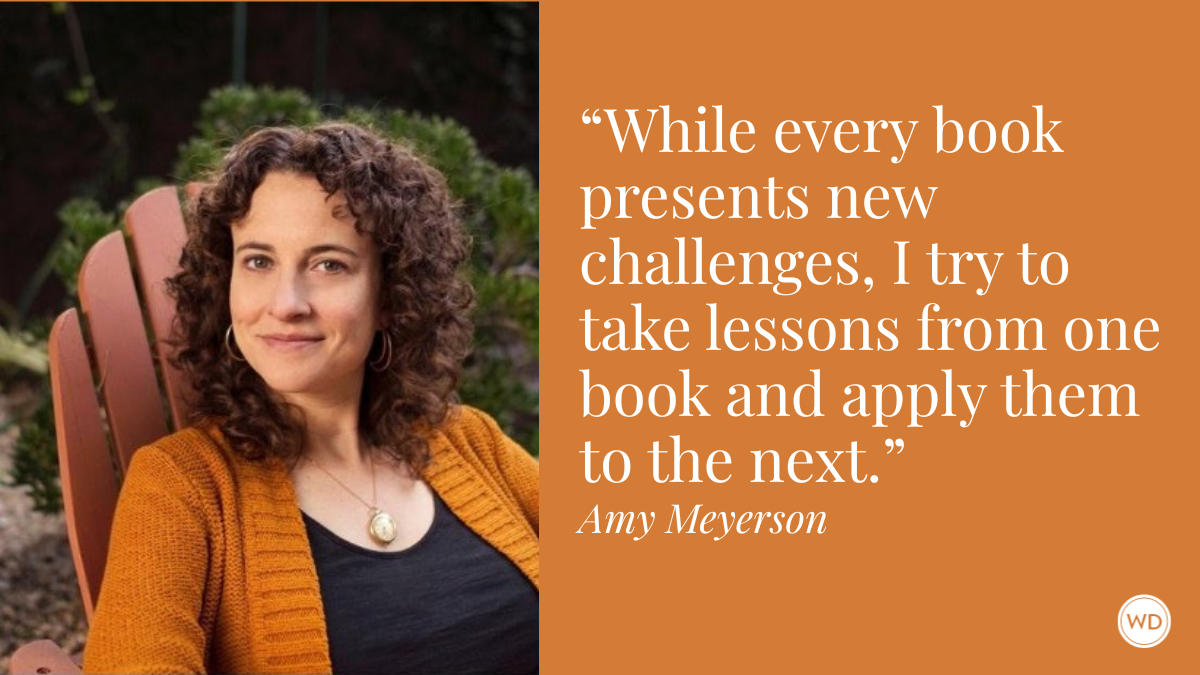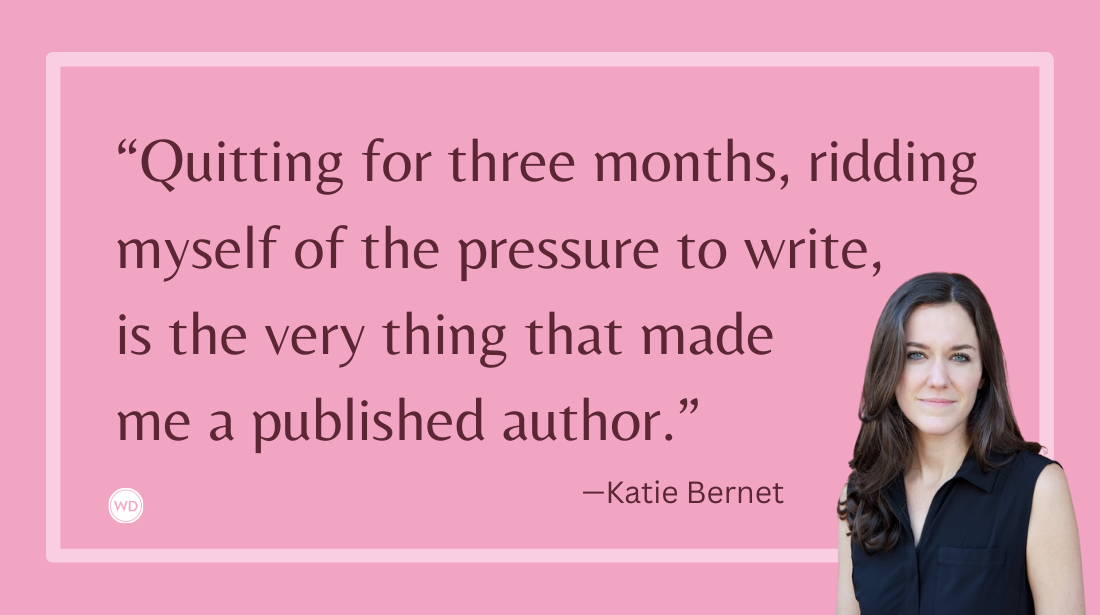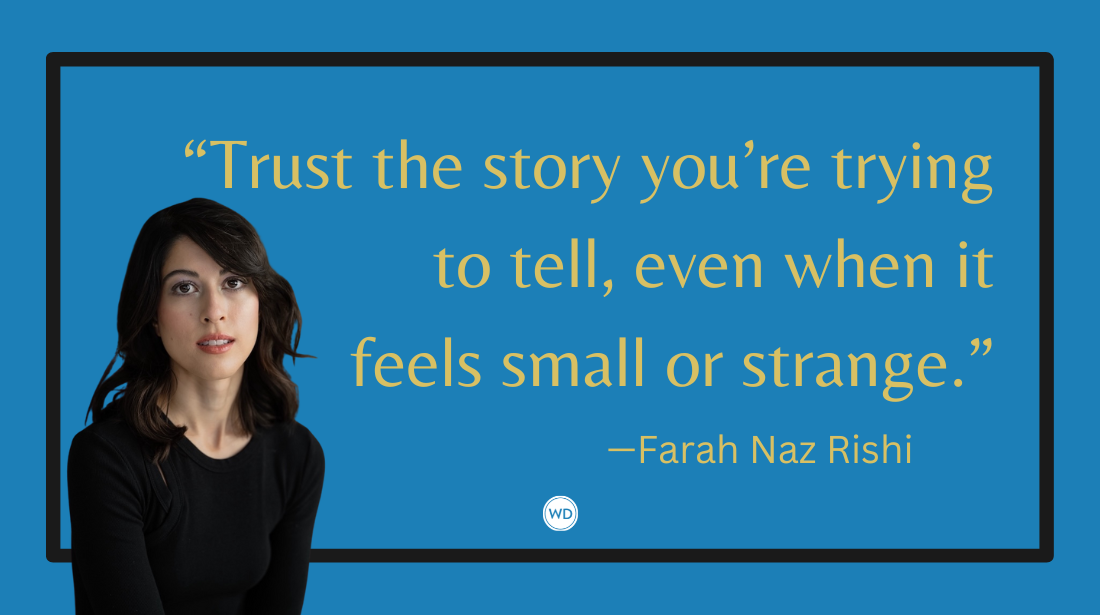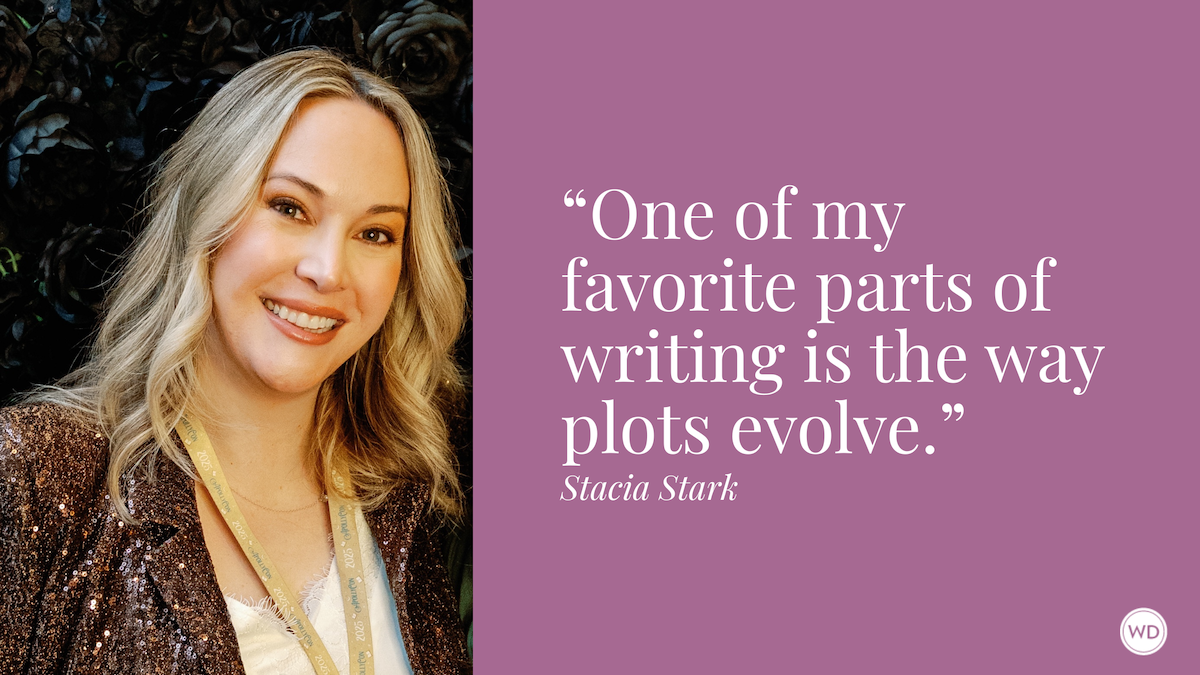10 Meaningful Practices for Every Writer
Here are 10 smart, yet simple ways for every writer—from novelists to journalists to poets—to enrich his or her mind and become better at cultivating ideas and putting them to the page.
Here are 10 smart, yet simple ways for every writer—from novelists to journalists to poets—to enrich his or her mind and become better at cultivating ideas and putting them to the page.
This guest post is by Melissa Clark. Clark is an author, television writer and college instructor. She is the author of the novels, Bear Witness, Swimming Upstream, Slowly, and Imperfect. Her essay, “Rachael Ray Saved My Life” is included in the anthology The Cassoulet Saved Our Marriage.
She is also the creator of the animated television series, “Braceface,” starring the voice of Alicia Silverstone which aired on the ABC Family Channel. She has written scripts for “Rolie Polie Olie,” “Totally Spies,” “Sweet Valley High,” among others. Melissa teaches creative writing and literature courses both privately.
1. Travel the world
Old, young, rich, poor, there are many ways to see the world, soak up other cultures, see examples of creativity in art, food, music, architecture. Lately, I’ve been applying to and attending artist residencies to work on my writing in other countries including Spain, Portugal and Mexico. Even if you’re only able to take a day trip, take it! Soak up any experience you can get that lives outside your day-to-day life.
2. Journal
Not just the “My boyfriend broke up with me” kind. (Though that’s fine, too.) Write down your thoughts, ideas, memories, draw pictures, and record dreams. There are many ways to journal including blogs, Pinterest, and various apps. Who knows what ideas the younger you has in store for the older you. You’ll never know if you don’t record them.
3. Be a student throughout your life
So many colleges and universities offer extension courses. I like taking classes outside of my writing interest and have taken Nude Figure Drawing, Ceramics, Anger Management and Stand-Up Comedy, among others. Ultimately, anything you learn can be useful to your writing.
4. Also be a teacher
I grew up in a family that supported my creativity, but many people don’t and they need a mentor to help them navigate the waters. I not only teach in colleges, but at unexpected places, too, like spas and retreats. I love meeting and being inspired by different types of students all over the country. Why not volunteer your time teaching writing to kids or the elderly? Everyone has a story. How wonderful if you’re able to help someone express theirs.
5. Realize that no idea is too big/small/silly/crazy
One afternoon at lunch with a friend I ate too much (as usual). When I lifted my shirt to show him my bloated belly, he said, “Are you sure you’re not pregnant?” and I said, “Yeah, right, from a lazy sperm!” This off-the-cuff comment inspired my first novel, “Swimming Upstream, Slowly,” about a woman who becomes pregnant from a lazy sperm. Silly? Absolutely! Published novel? That’s right! What ideas are you preventing from being realized because you think they are too big/small/silly/crazy?
6. When you hear “no” do it anyway
I finished my second book, “Imperfect” (about a girl who develops a cat purr) just as e-readers had been introduced, sending the publishing industry into a tailspin. My agent sent the book to about 16 publishing companies and despite editor interest at many of them, “Imperfect” was ultimately passed on. Around the same time I was reading the Steve Jobs biography by Walter Issacson and was so inspired by his passion for marketing the Apple computer that I decided I would self-publish my book. It was an incredibly empowering experience, continues to sell, and was even optioned as a movie. If I had passively listened to “no”, it would still be hidden in my computer. There is always a path beyond “no.” Find and follow it! [Like this quote? Click here to Tweet and share it!]
7. Accept your shadow side
Carl Jung said: “Everyone carries a shadow, and the less it is embodied in the individual’s conscious life, the blacker and denser it is.” I think the job of the artist is to look in and report back through their art. For my latest novel “Bear Witness” I explored a childhood fear of kidnapping and in doing so uncovered some dark parts of myself, and society, that I was able to process through the act of writing this book. You probably know what scares you, or makes you uncomfortable. Can you gently move toward it and begin writing about it?
8. Invest in a good therapist
He or she will help you navigate through that shadow side, and through the many other ups and downs of a creative life. Be aware that it might take a few sessions with a few different therapists to find the right one for you. Chemistry is everything, even with therapists!
Learn How to Sell More Copies of Your Book
Writing a book and getting it published is only part of an author's job in today's world. Now you need to know how to promote yourself and your book--and you need to start before your book is published (in fact, you should start today if you haven't already). That's why we want to help.
Here are 14 amazing resources bundled together in to one heavily discounted collection called The Comprehensive Author Platform & Promotion Kit. Order from our shop today!
9. Forgive yourself
For not leading a traditional life where rules are understood and followed. My best friend is a surgeon and she loves that the path from medical school to surgeon was very clear. She knew exactly what she had to do to get from point A to point B. A creative life has all sorts of twists and turns, ups and downs. Sometimes money is flowing in from your creative endeavors, other times not. Sometimes the muse strikes, other times it vanishes. A creative life is not a clear line from A to B, more like from Z to P to W to D, and that’s OK!
10. Practice gratitude
Like writing, gratitude is a practice. Learn how to be grateful for all that you have. When you are feeling down, just glance at the list to feel better. When you’re feeling great, do the same and feel even greater. Why not create a list in your journal right now, thanking yourself and all the wonderful people and experiences in your life.
Other writing/publishing articles & links for you:
- Here are 10 questions you need to ask your characters.
- How to create an effective synopsis for your novel or memoir.
- Chapter 1 cliches and overused beginnings -- see them all here.
- Here are 7 reasons writing a novel makes you awesome.
- New Agent Alerts: Click here to find agents who are currently seeking writers.
- Download a year's worth of writing prompts right here.
Thanks for visiting The Writer's Dig blog. For more great writing advice, click here.
Brian A. Klems is the editor of this blog, online editor of Writer's Digest and author of the popular gift bookOh Boy, You're Having a Girl: A Dad's Survival Guide to Raising Daughters.
Follow Brian on Twitter: @BrianKlems
Sign up for Brian's free Writer's Digest eNewsletter: WD Newsletter









